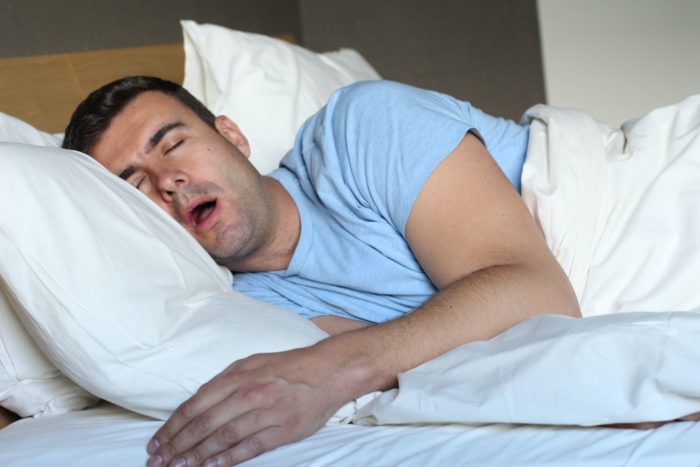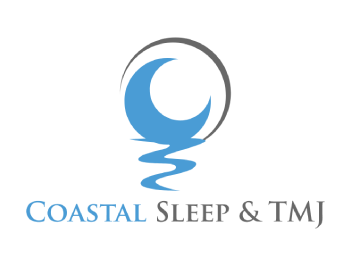Diet and exercise are key aspects of your overall health and well-being. However, you may not realize how important sleep is for your body. On average, people spend about one-third of their lives sleeping. If a person lives 80 years or more, that is over 26 years spent sleeping. That’s a lot of time in dreamland! The quality of your sleep is directly related to your health. Therefore, it is essential to take sleep conditions seriously.
Sleep apnea is a sleep disorder that affects your breathing as you sleep. Your breathing will start and stop several times throughout the night. As you can imagine, this can have a severe impact on your health. Not only does sleep apnea affect your quality of sleep, but it can also cause long-term damage.

What Is Obstructive Sleep Apnea?
One type of sleep apnea is known as obstructive sleep apnea. Obstructive sleep apnea happens when the soft tissues in your mouth and throat constrict your airway during sleep. As you sleep, the muscles in your throat relax, which makes it difficult to breathe normally. These muscles usually support the soft palate, tongue, and tonsils. However, if the muscles are too relaxed, these soft tissues block your airway. A restricted airway is what causes loud snoring.
With a narrowed airway, you cannot get enough oxygen in your bloodstream. As you lose oxygen, carbon dioxide will build up. Fortunately, your brain can sense when your systems are not working correctly. This is why you frequently wake up during the night with sleep apnea. To get enough oxygen, your brain briefly sends signals to rouse you from sleep. Interestingly, you may not even remember waking up several times a night.
It is possible that you can wake many times throughout the night, every night. Sleep apnea can greatly affect the quality of your sleep. Imagine waking up 25-30 times every hour for the rest of your life. It sounds exhausting.
How Can My Dentist Help?
If you don’t go to the dentist often, you may not realize that they can offer you treatment options. In fact, your dentist may be the first professional that alters you to the condition. A dentist may not be able to diagnose you with sleep apnea. However, they can recommend that you participate in a sleep study.
Most patients with severe sleep apnea need to use a CPAP machine. A CPAP (continuous positive airway pressure) delivers a steady stream of oxygen through a mask to your relaxed soft tissues. It keeps your airway open and allows you to breathe throughout the night without interruptions.
If you are already diagnosed with sleep apnea, you can talk to your dentist about oral appliance therapy. An oral appliance is a soft plastic device that you put in your mouth as you sleep. It is similar to a mouth guard, except that it keeps your airway open. In addition, the oral appliance will reposition your jaw so that the tongue is in a more stable position.
